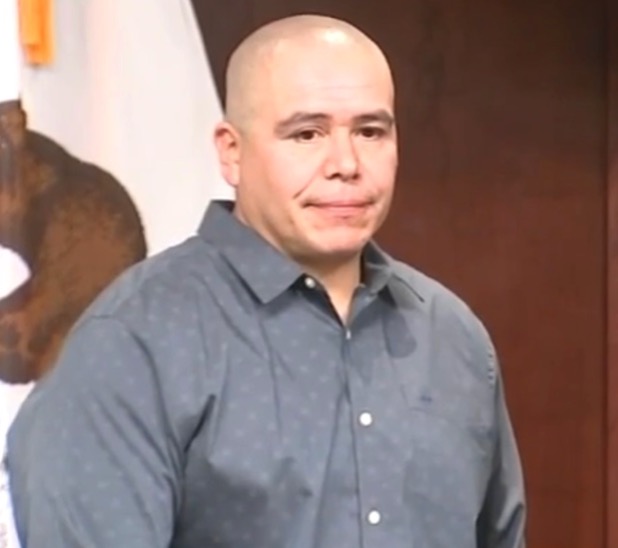Comments
SPECIAL REPORT - They took his freedom, but not his family.
Alexander Torres was 19 years old when the system swallowed him whole.
A young man had been murdered in Los Angeles on New Year’s Eve, 2000. The shooter pulled up in a car, asked if the victim was “Casper,” and opened fire. The victim wasn’t Casper. Alexander wasn’t either.
But that didn’t stop the Los Angeles Sheriff’s Department from dragging Alexander in. He didn’t have a criminal record. He had no weapon, no motive, no connection. But the detectives had witnesses—scared, confused, and contradicting each other. That was enough.
They showed him manipulated photo lineups. They let the witnesses talk to each other. They grilled him into knots. Said he failed a polygraph. Said his alibi was too shaky. Said he was the guy.

Alex Torres.
He wasn’t.
Still, he was convicted of second-degree murder and sentenced to 40 years to life.
That should’ve been the end. Twenty years inside. Forgotten. Game over.
But they didn’t count on his brother.
Not everyone has one, but Alexander did. A brother who never let go. Who kept showing up, year after year. Who never bought the story, never lost the thread, never accepted that the truth had to stay buried.
He hired a private investigator with his own money. He tracked down leads that the Sheriff’s Department ignored. He dug into the case file like it was a sacred mission—because it was. Because his brother was innocent, and the system was lying.
And slowly, the truth clawed its way back.
They discovered that the detectives had never turned over key evidence. That eyewitness testimony had been twisted. That there were other suspects. Real ones. And that Alexander Torres, who had lost his twenties and most of his thirties, had never belonged in that courtroom, let alone that prison.
In 2021, after two full decades of waiting, the Los Angeles District Attorney’s Office—yes, the very institution that put him away—filed a joint motion with Alexander:
A Finding of Factual Innocence.
Let that land.
He wasn’t “not guilty.” He was innocent.
Now, Los Angeles County has settled the case for $14 million. That’s taxpayer money from the Sheriff’s Department and the DA’s Office. No one has been disciplined. No one’s lost their pension. Just a quiet check, signed and mailed.
But no dollar amount can replace the birthdays, the embraces, the broken time.
What they didn’t steal was the love. The devotion of a brother who never stopped believing. A family that stayed loud when the State wanted silence. That power—familia—that’s what saved Alexander’s life.
This story isn’t just about wrongful conviction. It’s about righteous conviction.
Because there are men and women who will not let their loved ones rot in a cage. Who will tear through paper, sit in hearing rooms, knock on every door, even when the odds are one in a million?
They say “Si se puede” like it’s a chant. But for some, it’s a vow.
I don’t know this family personally. But I’ve read the filings. I’ve seen the policies, the corrections, the corporate shrug. And I’ll tell you this:
If it weren’t for that brother, Alexander would still be locked up.
If it weren’t for that bond—the one the system can’t measure or file or suppress—this would be just another footnote in a long list of injustice.
But it’s not.
It’s proof. That love can outlast injustice. That family can beat the fog. That a brother’s fight can move a mountain, or at least, crack a courthouse.
Believe.
If you've got a brother, a sister, a cousin, a mother still waiting for someone to believe them, keep going.
Don’t let the County bury your story in a payout.
Don’t let love lose to paperwork.
Because the truth isn’t a luxury. It’s a right.
And some families will go to war to get it back
(Eric Preven is a Studio City-based television writer-producer, award-winning journalist, and longtime community activist. He is known for his sharp commentary on transparency and accountability in local government. Eric successfully brought and won two landmark open government cases in California, reinforcing the public’s right to know. A regular contributor to CityWatch, he combines investigative insight with grassroots advocacy to shine a light on civic issues across Los Angeles.)
















